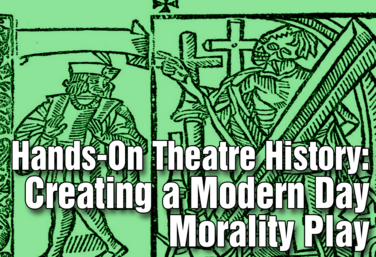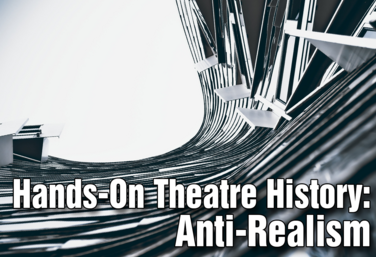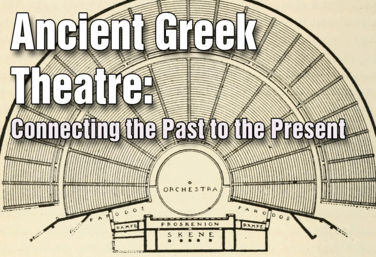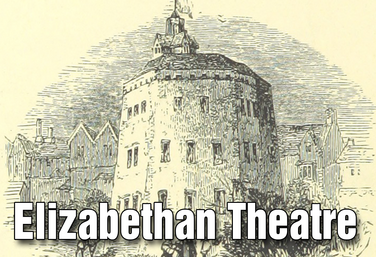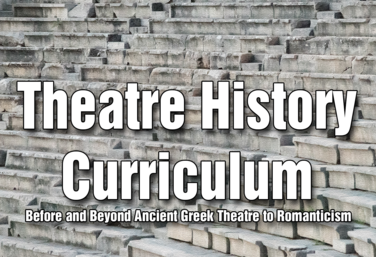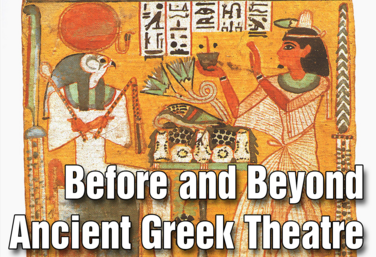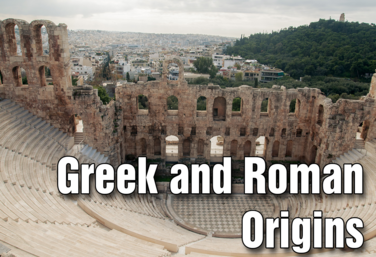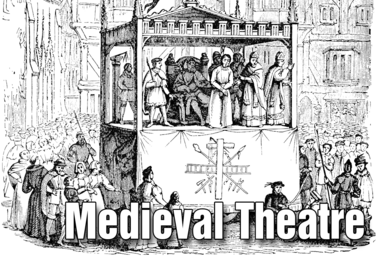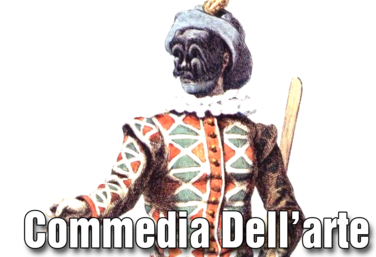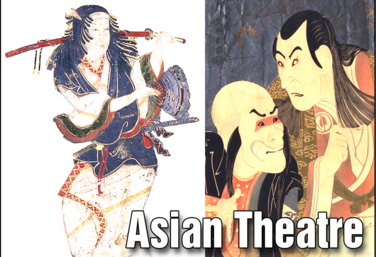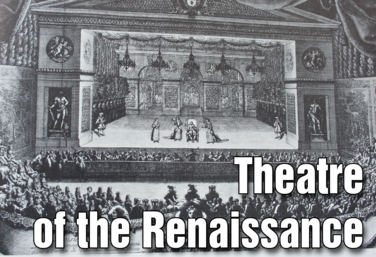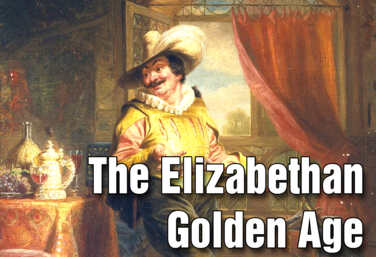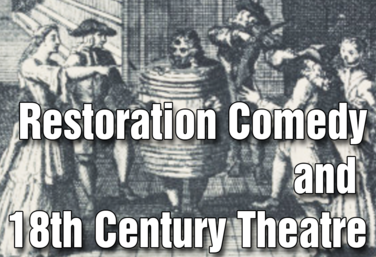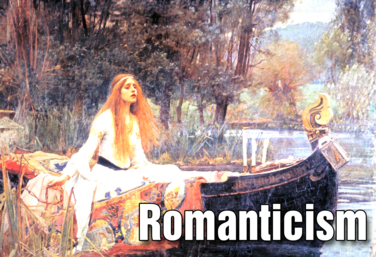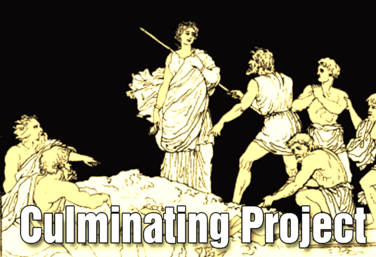Items tagged "Theatre History"
2 Courses, 13 Units, 11 Lesson Plans, 4 Resources, and 1 PLC tagged "Theatre History" for Drama Teachers.
Courses
Hands-On Theatre History: Creating a Modern Day Morality Play
by Wendy-Marie Martin
Hands-On Theatre History: Anti-Realism
by Wendy-Marie Martin
Units
Ancient Greek Theatre
by Lindsay Price
Elizabethan Theatre
by Karen Loftus
Overview: Theatre History
by Drama Teacher Academy
Unit 1: Before and Beyond Ancient Greek Theatre
by Drama Teacher Academy
Unit 2: Greek & Roman Origins
by Drama Teacher Academy
Unit 3: Medieval Theatre
by Drama Teacher Academy
Unit 4: Commedia Dell'Arte
by Drama Teacher Academy
Unit 5: Asian Theatre
by Drama Teacher Academy
Unit 6: Theatre of the Renaissance
by Drama Teacher Academy
Unit 7: The Elizabethan Golden Age
by Drama Teacher Academy
Unit 8: Restoration Comedy & 18th Century Theatre
by Drama Teacher Academy
Unit 9: Romanticism
by Drama Teacher Academy
Culminating Project
by Drama Teacher Academy
Lesson Plans
Medieval Drama - Morality Plays
by Lindsay Price
Medieval Drama - The Mystery Play
by Lindsay Price
Where Did Drama Begin?
by Ruth Richards
The Globe Theatre
by Lindsay Price
Emergency Lesson Plan: Elements of Greek Tragedy
by Lindsay Price
Compare and Contrast: Theatre spaces
by Lindsay Price
The Ancient Greeks
by Lindsay Price
The Ancient Greeks - Handout
by Lindsay Price
Who is Thespis?
by Lindsay Price
Who is Thespis? Project Version
by Lindsay Price
19th Century Actors on Acting: Cushman, Booth, Jefferson
by Lindsay Price
Resources
A Guide to the Elizabethan Age
Directing the Absurd Play
Elizabethan Theatre
Theatre History Choice Boards
PLCs
Theatre History
Hosted by Matt Webster, Lindsay Price, Lea Marshall, Wendy-Marie Martin
